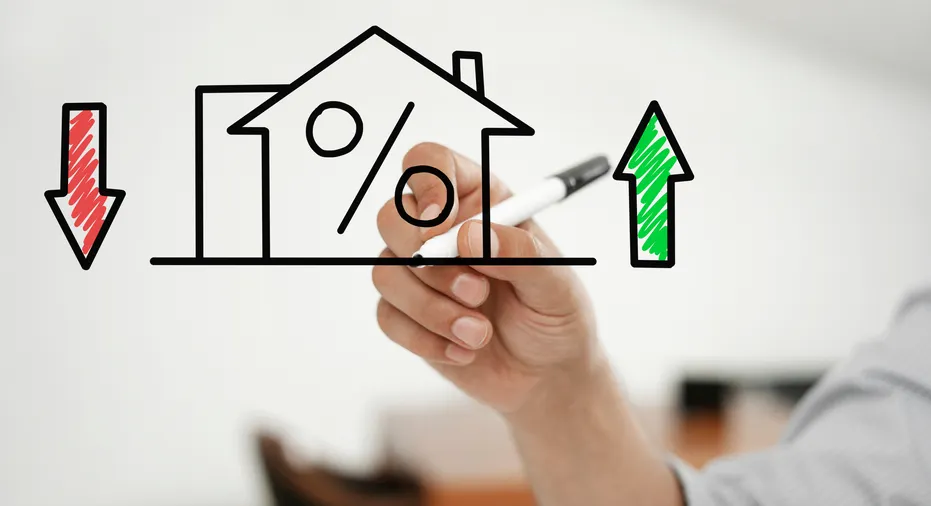Before you refinance your mortgage, it is important to shop around for the best rate. You should get at least three quotes from different lenders to make sure that the interest rate offered is competitive. You should also take into consideration your credit rating. Even if you have good credit, you may have to lower your score in order to qualify for the best deal.
Some people refinance their mortgages because of changes in their financial situation. For example, they may want to lower their monthly payments or get rid of mortgage insurance. The benefits of refinancing are numerous. In addition to lowering your monthly payments, you can also reduce your interest rate and remove your cosigner. Another benefit of refinancing your mortgage is the ability to access your home equity. However, refinancing your mortgage may not be an option if you have poor credit or low income.
While the benefits of refinancing a mortgage may be attractive, you should also keep in mind the costs associated with the process. The closing costs may eat into the savings you make. And the length of time you stay in your home will affect the break-even point of refinancing. To get a better idea of what you can save, compare mortgage companies online.
If you’re considering mortgage refinancing, it’s important to compare mortgage rates and terms. This will allow you to save thousands of dollars on interest and cut your monthly payment. A lower interest rate can save you up to $55K over the life of your loan. And lowering the term of your loan can also give you extra cash for home improvements and other purchases.
When refinancing, you should also consider cash-out refinancing and cash-out refinance. These refinancing options allow you to take a lump sum out of your home and use it for debt paydown or large purchases. Just make sure that the monthly payment is affordable for you.
It’s also important to understand the type of loan that you have and how much equity you have in your home. Most mortgage refinancing companies will require that you have 20% or more equity in your home. Higher equity means lower refinance rates. However, keep in mind that you’ll have to pay fees to get the refinance. Typically, closing costs are around 2% to 5% of your loan amount.
When you’re ready to refinance your mortgage, the best way to get the best rate is to shop around and compare rates from different lenders. Comparison shopping can help you save thousands of dollars in interest. You can also use an online comparison tool to help you compare lenders. You can also use a calculator to estimate how much you will save by refinancing.






